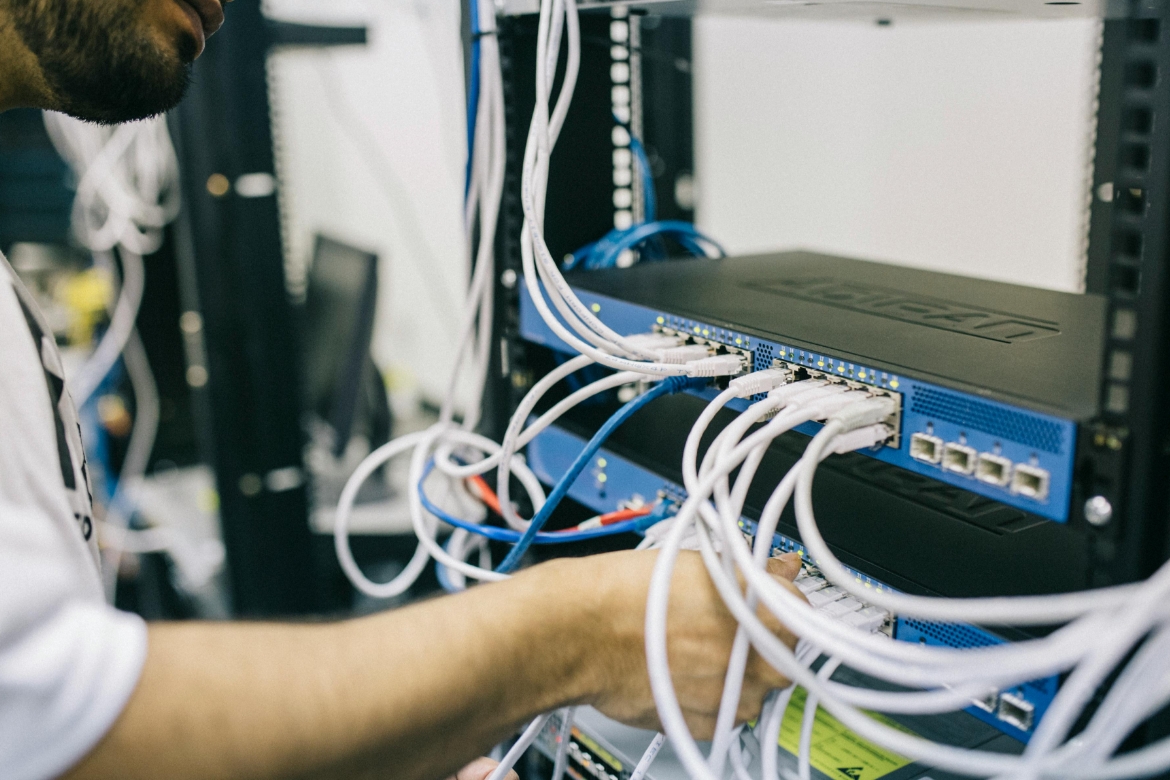Hosting your website on your own server is a venture that offers complete control over your online presence. However, it’s essential to understand the complexities involved to make an informed decision. This article delves into the advantages, challenges, and steps to host your website on your own server, providing a comprehensive guide for beginners.
Advantages of Hosting Your Website on Your Own Server
- Complete Control: Self-hosting grants you full authority over server configurations, software installations, and security protocols, allowing for a tailored environment that meets your specific needs.
- Customization: With your own server, you can implement custom scripts, applications, and services without the limitations often imposed by shared hosting providers.
- Learning Experience: Managing your own server enhances your technical skills, offering valuable insights into server administration, networking, and cybersecurity.
Challenges of Hosting Your Website on Your Own Server
- Technical Expertise Required: Setting up and maintaining a server demands a solid understanding of networking, server management, and troubleshooting.
- Cost Considerations: Initial investments in hardware and ongoing expenses for electricity, cooling, and maintenance can be significant.
- Security Risks: Self-hosting exposes you to potential security threats. Implementing robust security measures is crucial to protect your data and that of your visitors.
- Reliability and Uptime: Ensuring consistent uptime requires a stable internet connection and reliable hardware. Power outages or hardware failures can lead to website downtime.
Steps to Host Your Website on Your Own Server
1. Assess Hardware Requirements
- Server Hardware: Ensure your hardware can handle the expected traffic and workload. For small websites, a repurposed computer might suffice, but larger sites may require dedicated servers with higher processing power and memory.
- Internet Connection: A high-speed, stable internet connection with sufficient upload bandwidth is essential to serve content to visitors efficiently.
2. Select and Install an Operating System
- Linux Distributions: Operating systems like Ubuntu Server or CentOS are popular choices for web servers due to their stability and security features.
- Windows Server: If you prefer a Windows environment, Windows Server editions offer robust features for hosting.
3. Set Up Web Server Software
- Apache or Nginx: These are widely used web server applications that handle HTTP requests and serve your website content to users.
- Database Management: For dynamic websites, installing a database system like MySQL or PostgreSQL is necessary to manage data effectively.
4. Configure Domain Name and DNS
- Domain Registration: Purchase a domain name that reflects your brand or website purpose.
- DNS Configuration: Set up DNS records to point your domain to your server’s IP address, enabling users to access your site via the domain name.
5. Implement Security Measures
- Firewalls: Configure firewall settings to block unauthorized access and protect your server from potential threats.
- SSL Certificates: Install SSL certificates to encrypt data transmitted between your server and users, enhancing security and trust.
6. Ensure Regular Maintenance and Backups
- Software Updates: Keep your operating system and all installed software up to date to mitigate security vulnerabilities.
- Data Backups: Implement regular backup procedures to prevent data loss and ensure quick recovery in case of failures.
Considerations Before Proceeding
- ISP Restrictions: Some Internet Service Providers prohibit hosting servers on residential connections. Verify with your ISP to avoid potential issues.
- Legal and Compliance Issues: Ensure compliance with data protection laws and regulations applicable to your website’s content and user data.
- Scalability: Anticipate future growth. Self-hosting may require significant upgrades to handle increased traffic, whereas professional hosting services often offer scalable solutions.
Conclusion
Hosting your website on your own server provides unparalleled control and customization opportunities. However, it comes with substantial responsibilities, including technical management, security implementation, and ongoing maintenance. Carefully weigh the advantages against the challenges to determine if self-hosting aligns with your goals and capabilities. For many, utilizing a reputable web hosting provider offers a balanced solution with professional support, security, and scalability.
By understanding the intricacies of hosting your website on your own server, you can make an informed decision that best suits your needs and resources.
